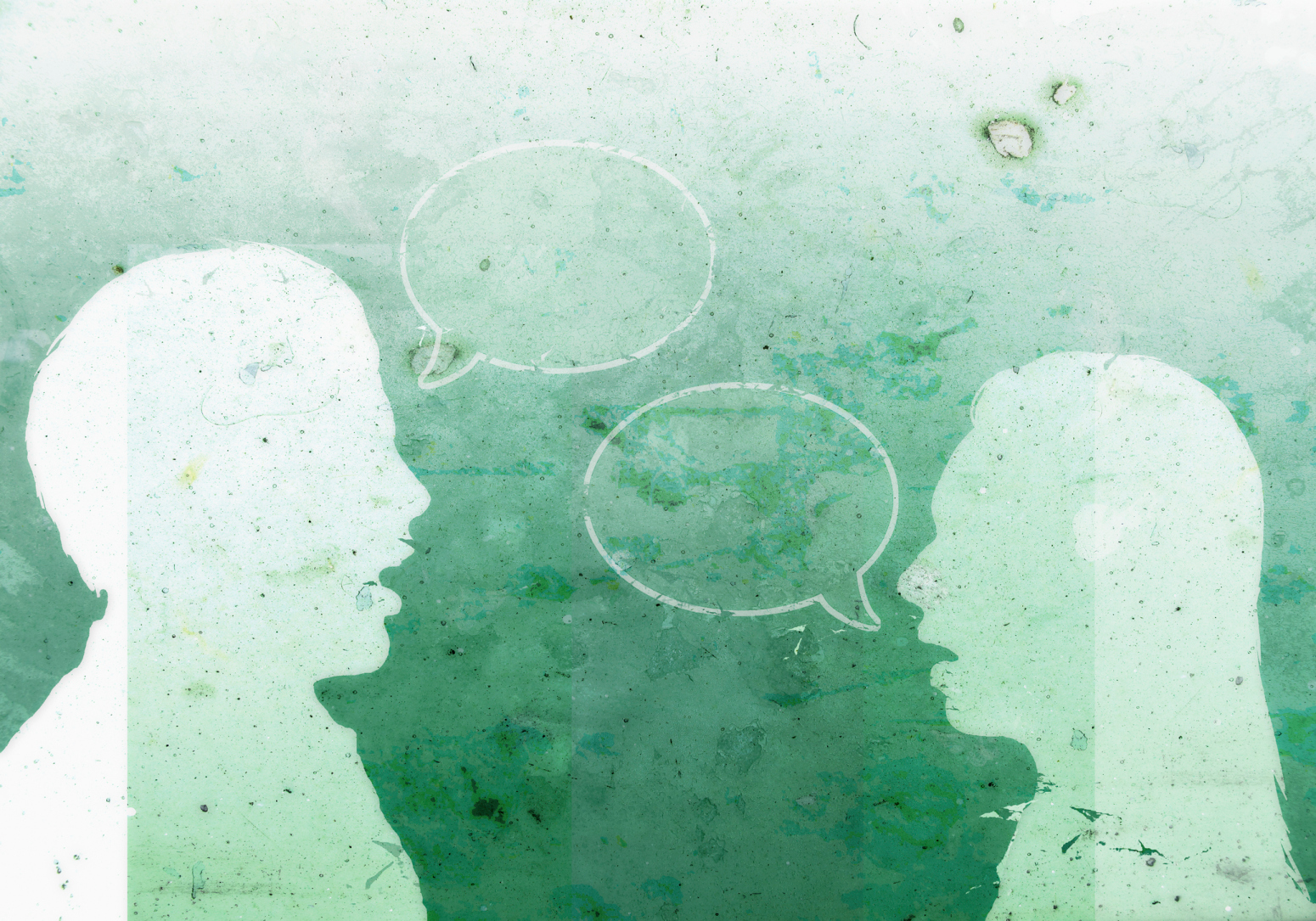There has been a lot written in the past as to why people are reluctant to call a therapist for help. From trying to “toughen” it out themselves, to making believe their problems are minimal compared to others problems, to being afraid to open “Pandora’s box”, and believing that just talking to someone can’t possibly help them, therapy is often put off until the severity of the symptoms and issues practically forces a person into therapy.
Below are some of the erroneous beliefs why people tend to shun therapy. I will list the beliefs and then challenge them to help the reader understand that there is another side to their thinking that may not have been considered.
Stigma surrounding therapy
The bad news is that there is still stigma surrounding mental illness. The good news is a number of athletes, entertainers, musicians, and others have been publically opening up about their mental health issues. This is important because if very public individuals can openly talk about their mental health struggles, so can we. It’s time we challenge the old thinking and understand that our mental health is equally important as our physical health. My acronym for stigma is Supporting Tolerance (for) Individuals Getting Mental-health Assistance. Let’s work to ameliorate this outdated barrier to mental health services.
Fear of looking weak
Fear of looking weak is another barrier to mental health professionals getting the help they need. First responders, police officers, firemen, nurses, doctors, social workers, and other mental health workers, most of whom are directly working to care for others, seem to shy away from therapy for fear that it will make them look less than tough. These individuals work long hours, are under a lot of stress, experience loss, illness, and even death in their day-to-day work. Many have stressful home lives as well. It’s okay for these tough professionals to get into therapy, especially now, to tell their stories about what they have seen, heard, and witnessed during their time at work. Even the strongest of the health and safety professionals have an emotional side that they may suppress only to exacerbate their mental health issues. Strong people can ask for help just like anyone else can.
Fear of change
Fear of change is, for a lot of people, a difficult task to accomplish. Many people can live with their uncomfortableness that they know rather than try to change for fear of what is not known. It’s amazing how many people will remain stuck, anxious, depressed, and in terrible relationships for long periods of time. They know their discomfort so well that rather than take a chance to pull themselves out of the emotional hole they are in, they will stay stuck due to unknowns they may face. Many people will want to wait it out to see if they get better on their own. Others are “comfortable” in their unhappiness because they have been feeling so bad for so long, that they have come to accept their unhappy state as being normal. People will avoid taking well proven medication because if they get better, they claim that they will not know themselves anymore. Change does not have to be seen as a bad thing and it gives us the opportunity to grow. If there is a chance that you will feel more confident, less sad, and anxious, and more in control of your life will you take it?
Therapy is too expensive and time consuming
Many people avoid getting into therapy because they say they cannot afford a therapist’s fees or that they do not have the time to commit to therapy. Is this an excuse to avoid therapy? Many therapists offer what referred to as “sliding scale” payments, which means that a therapist is willing to reduce their fee in order for the client to get into therapy. This should be discussed with the therapist prior to the first session. Time to put into therapy can also be an excuse. The average session lasts about 45-50 minutes once or twice a week. Most people can find time to talk with a therapist if they really want to. Getting into therapy is a decision solely up to each individual, but do self-imposed “barriers” get in the way of calling for help?
Family resistance toward therapy
Some individuals will state that they are not willing to call a therapist because their parents never saw a therapist so why should they? This generational resistance can even go back to their grandparents who said the same thing. Many people were told that they should never talk to “strangers” about their problems which should only be kept within the family. But what if their issues are because of the family? Where do you turn then? This insular way of thinking can preclude people from getting the help that they need. Even talking about ones problems to other family members can cause misunderstandings, family members to ostracize other family members, and make some relatively benign issues irreparable. To avoid making ones problems worse, call a therapist where these issues can be discussed by an objective person outside of the family.
Therapy is hard work
Making personal changes, figuring out difficult decisions, and looking for a new path forward is not always easy. It requires hard work not only in the session, but outside of the session as well. To get the most out of therapy, the work discussed in the session should be applied in one’s day-to-day life and then re-examined in the next session. Anyone looking for a “quick fix” to their often complicated problems may be disappointed in the therapy process. The work of therapy takes time to fully understand the issues and to implement skills to help one navigate their lives more successfully. Therapy should be a commitment to the process of making changes that will lead to a more fruitful life.
“My friends are my therapists”
Many people will say that they can turn to their friends to discuss their problems and that they do not need a therapist. Although supportive friends can be a comforting resource to have, friends are not as objective as a therapist can be. Friends tend to side with friends even if the friend seeking help is not making good decisions about their issues. Friends may also gossip about the other friend which may cause hurt, animosity, and mistrust among them. And friends often become weary hearing the same problems talked about over and over again without any resolution. Overall friends can be supportive and close group to have when times get tough; however, they should not be seen as a replacement to a professional therapist.
Will our discussions be confidential?
For some people, opening up to a therapist brings about fears as to whether their information will be kept confidential. Professional therapists have an ethical obligation to confidentiality and to ensure that any notes, identifying information, and electronic correspondence be compliant with legal and ethical standards. For a therapist to not abide by these standards can risk being reported to the board, suspension of license, or expulsion from practicing in their discipline. The only exception to sharing information with another authority is if someone is in danger of hurting someone else (“Duty to Warn”), hurting themselves, or planning to destroy someone else’s property. It also applies to neglect or abuse to a child or an elderly person. In rare instances, paperwork may be subpoenaed by a court of law. Other than the circumstances listed above, any and all documentation about a client must be kept confidential.
The above examples as to why people avoid therapy have been written about many times before. Some people will probably never go to counseling even thought it could make their lives (and the lives of others) more satisfying. For others who are stuck due to the above barriers, they may want to ask themselves the question “When the pain of not going to therapy becomes greater than the fear of going, which would I choose?” Call a therapist today.
Robert C. Ciampi, LCSW, psychotherapist in northern New Jersey and author of the book, When to Call a Therapist (Scrivener, 2019)


